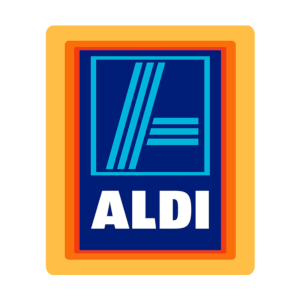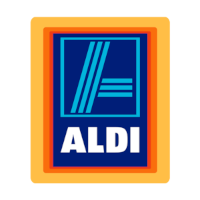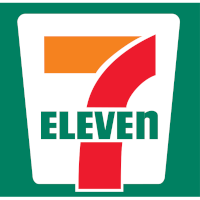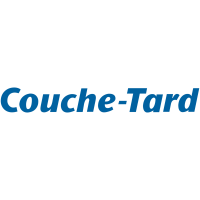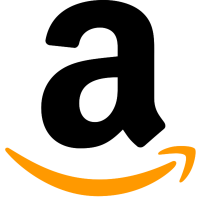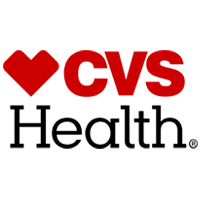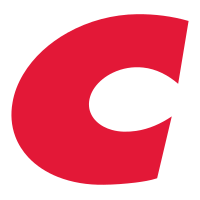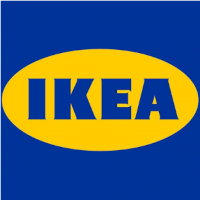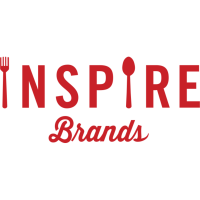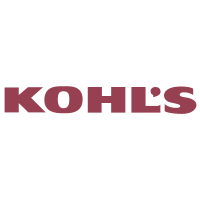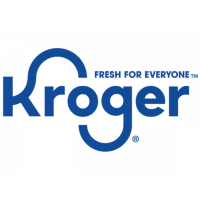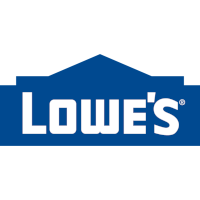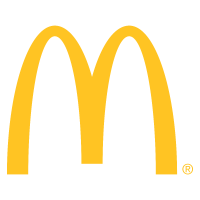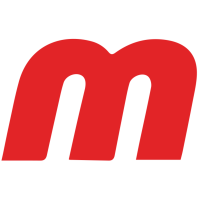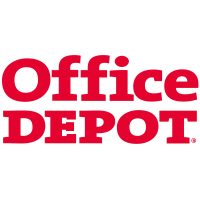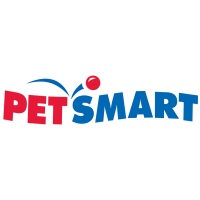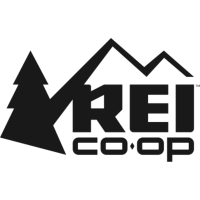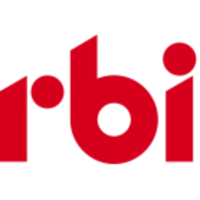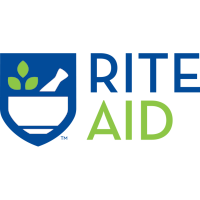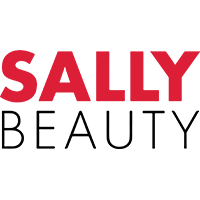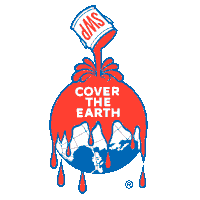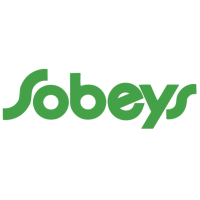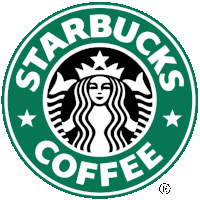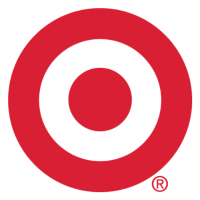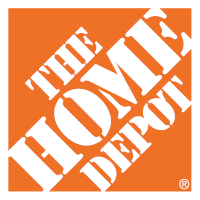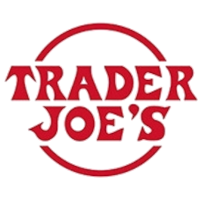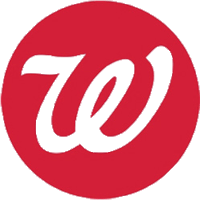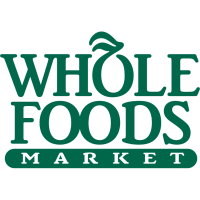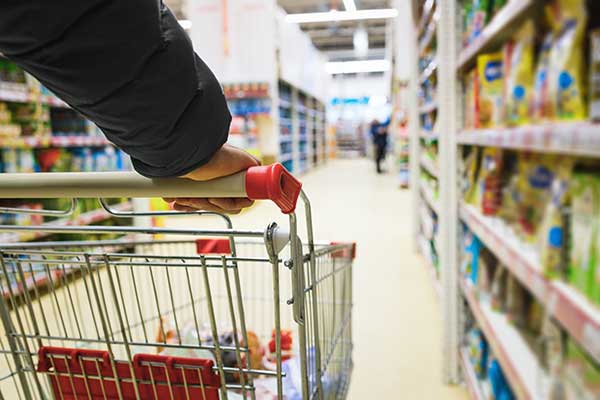Key Findings and Recommendations
- Corporate Commitment: ALDI has adopted a public safer chemicals policy for textiles and footwear that includes a preference for safer alternatives. ALDI participates in several collaborative processes to promote safer chemicals. The company should participate in the Chemical Footprint Project survey and publicly support governmental policies to reduce chemicals and plastics of high concern.
- Transparency: There is no indication ALDI requires suppliers to disclose chemical ingredients or plastics to the retailer or consumers, nor that it requires testing to ensure products are free of hazardous chemicals or plastics beyond regulatory compliance. ALDI should require ingredient disclosure, verify accuracy, and evaluate its chemical footprint.
- Ban the Bad: ALDI adopted a manufacturing restricted substance list (MRSL) and restricted substance list (RSL) for textiles and footwear in 2015, and in 2020 adopted the ZDHC Wastewater Guidelines for production facilities for those products. The company has not reported on progress on reducing nor set quantifiable, time-bound goals for eliminating chemicals of high concern or plastics of high concern in the past four years.
- Safer Solutions: There is no indication that ALDI has supported the development or sale of safer products. ALDI should work to ensure substitutes for chemicals and plastics of high concern are safer for the health of consumers, communities, workers, and the environment.
2024 Detailed Analysis of Aldi
Corporate Chemicals Policy
Adopted a safer chemicals policy
Oversight
Established management oversight
Chemical Footprint Project (CFP)
Participated in the CFP
Collaboration
Actively participates in collaborative process to promote safer chemicals
Public Policy Support
Supported governmental policies to reduce chemicals or plastics of high concern
Supply Chain Disclosure
Brands report use of chemicals or plastics in products or packaging to retailer
Supplier Accountability
Ensures supply chain accountability for chemicals or plastics restrictions
Consumer Disclosure
Brands disclose use of chemicals or plastics to consumers
Chemical Footprint Calculation
Publicly disclosed its chemical footprint
Restricted Substances List (RSL)/Manufacturing Restricted Substances List (MRSL)
Reduction/Elimination Goals
Chemicals and Plastics Reduction
Reduced or eliminated toxic chemicals or plastics of high concern
Safer alternative definition
Adopted a definition of safer alternative consistent with Washington state
Investment in Safer Solutions
Invested financial resources to advance and drive development of safer solutions
Implementation of Safer Solutions
Replaced chemicals or plastics of concern with safer solutions
Quantified Safer Products
Measured and disclosed progress towards safer products
How does Aldi compare to its competitors?
Previous Grade History
NOTE: Our evaluation criteria changed in 2024. The scores from previous review years through 2021 are based on a different set of criteria measured.
Click or tap on a grade year to review additional details (where available).

